Chore noun. A small piece of domestic work (freq. in pl.); an odd job; a recurrent, routine or tedious task.
Whether we love or loathe chores, its impossible to deny the fact that they are an ever-present aspect of domestic life. Anywhere along the sliding scale between house-proud neat freak and firmly in the chores-are-for-bores camp, our own relationship with, and attitude towards, chores becomes crystallised some time between the age of three and thirty-three. Once established, its pretty hard to alter, until, that is, we have children. Most parents would agree that as soon as a baby arrives on the scene, chores not only multiply but they also swell and mutate, unearthing a brand-new set of domestic tasks just when our time to carry out such jobs has been totally eradicated by the newly arrived bundle of joy.
Suddenly you have to do the washing up or the laundry, or whatever, as soon as you get a spare minute. Theres no choice. Theres no I cant be bothered. Theres no later. And if you dont do the basics when you can it can all quickly unravel from a stinky, overflowing nappy bin and no clean bottles, to no clean mugs for that much-needed tea. It was a learning curve and a half.
Dad of two, remembering the early days
During the baby years we, as loving, responsible parents, accept and maybe even relish the realisation that we must carry out chores for, and because of, our children; there is usually a tacit acceptance of our fate. But at some point, perhaps as our children turn from tots to preschoolers, or from preschoolers to school-age children, or even from school-age children to teenagers (it hits every parent at a different time), there comes a day, or a moment in a day, when we suddenly feel like the maid. This is neither a positive nor pleasant feeling to experience and it can soon lead to feelings of resentment towards those chores caused directly by children, which, lets face it, feels like all of them, doesnt it?
However, it seems that in the UK and the US, parents are more reluctant than their predecessors to ask children to carry out household tasks. Recent studies have shown that children are increasingly not expected to contribute in any real way to the domestic chores of everyday family life, and older children often receive bribes or payment for completing their chores. At what age and exactly how children might become involved in domestic chores is, of course, a parental prerogative, but according to this poll many parents believe that they should involve their children in chores, even if they dont.
Apart from avoiding that feeling-like-the-maid moment, there are many other good reasons for introducing age-appropriate chores to children at some point in their childhood. For example, by carrying out chores children can:
 learn to be confident and responsible
learn to be confident and responsible
 feel an important part of the family
feel an important part of the family
 learn to care for themselves
learn to care for themselves
 learn to care for others
learn to care for others
 increase their self-esteem (for a job well done)
increase their self-esteem (for a job well done)
 develop specific skills like handeye coordination and problem-solving
develop specific skills like handeye coordination and problem-solving
It seems children are perhaps even predisposed to wanting to help with chores; they certainly develop a natural inclination to be kind, even selfless, at a younger age than we might suppose. German psychology researcher Felix Warneken, PhD, showed that at 18 months old toddlers are capable of exhibiting altruistic behaviour. In one experiment, Dr Warneken had an adult, laden with books to put away, pretend to be unable to open the doors to a cupboard. More often than not without being asked or offered a reward the toddlers helped.
But heres the rub: how do you get children to continue to develop those altruistic flashes of behaviour and carry out chores happily as they grow into preschoolers and beyond? How do we avoid the nagging (ours) and the rolling eyes (theirs)?
Certainly our own personal relationship with chores has a bearing on how we present them to our children; if we consider them to be boring and tedious, its hard not to transfer this message. Ill never forget coming in from school I must have been about twelve years of age to my little sister, then three years old, playing with her toy iron and board next to my mother who was doing the real thing the familys ironing. My sister caught my eye as she wielded her toy iron menacingly and muttered, frowning, Bloody ironing. Fortunately, my mum saw the funny side!
However, the same point is relevant to personal chores too. As Steve Biddulph points out in his recent book, Raising Girls, our children definitely take in and will eventually make our attitudes their own whether we sing while we shower or enjoy putting on our clothes, or whether we frown, stress, grump and hurry our way through life.
Many parents find that older children can be encouraged to complete chores through rewards, praise and recognising the feeling of satisfaction of knowing theyve completed a task well. My husband, to this day, will be first to offer to put clean covers on the duvets. He puts this enthusiasm down to the fact that when he was about ten years old his mum told him how good and quick he was at it; we are still reaping the rewards of this great, and possibly honest, note of encouragement.
Younger children have different motivational drives though. If we can tap into their intrinsic desire to be kind, busy, productive and playful we really can make chores more than bearable, and actually wait for it fun. This is how chores have become my first way to play for toddlers and preschoolers.
Chores arent bores; theyre a way to play
By changing the way we present household tasks not as mundane, boring jobs that need to be done, but as opportunities for playful activity they can instead be seen as a way to spend quality time with our children. This is especially useful for busy working parents for whom chores and playtime with their children have to exist in the same concentrated period of time.
The key to integrating chores into playtime is to stop thinking that household tasks have to be isolated, parental tasks.
Ways to play and chores for preschoolers
Here are some points to keep in mind when trying to get preschoolers involved in chores:
 Make the chore irresistible and fun with a game, a song or a challenge.
Make the chore irresistible and fun with a game, a song or a challenge.
 Keep it playful.
Keep it playful.
 Change the nature of the chore-play regularly to keep it fresh.
Change the nature of the chore-play regularly to keep it fresh.
 Dont feel you have to involve your child in every chore.
Dont feel you have to involve your child in every chore.
 Dont expect perfection.
Dont expect perfection.
 Always supervise.
Always supervise.
 Use green (and safe) cleaning products around children.
Use green (and safe) cleaning products around children.
 Be encouraging.
Be encouraging.

Next page
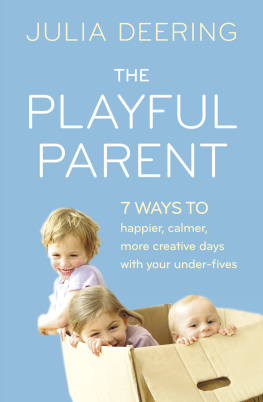
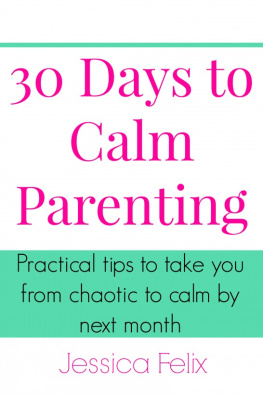
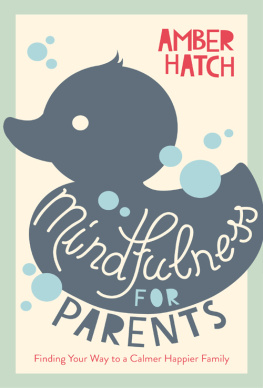

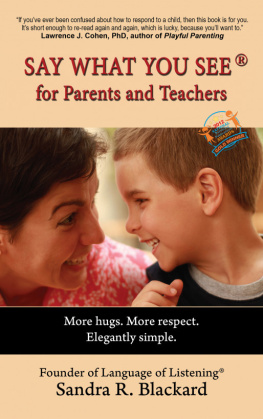

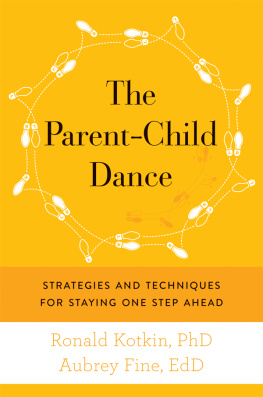
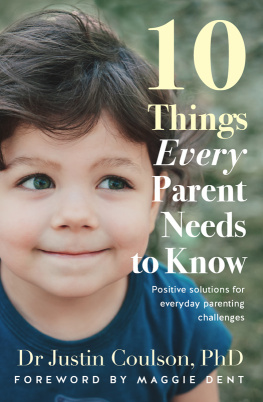

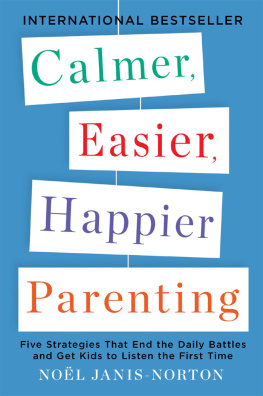
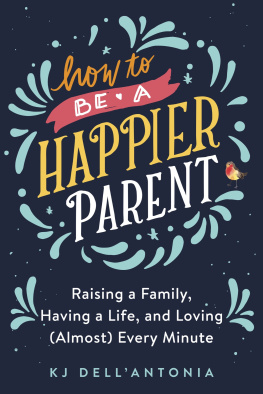
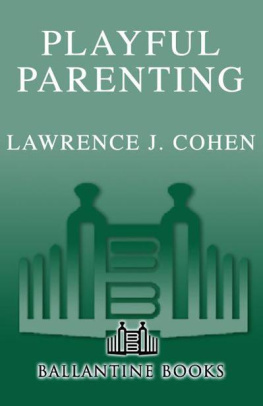
 learn to be confident and responsible
learn to be confident and responsible